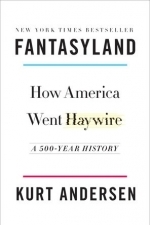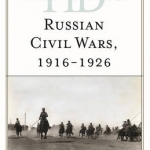
Historical Dictionary of the Russian Civil Wars, 1916-1926
Book
The Historical Dictionary of the Russian Civil Wars, 1916-1926 covers the history of this period...
Gotz Spielmann recommended Sans soleil [Sunless] (1983) in Movies (curated)
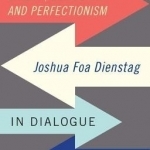
Cinema, Democracy and Perfectionism: Joshua Foa Dienstag in Dialogue
Joshua Foa Dienstag, Bert van den Brink, Anthony Simon Laden and Peter Niesen
Book
In the lead essay for this volume, Joshua Foa Dienstag engages in a critical encounter with the work...
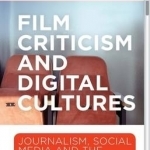
Film Criticism and Digital Cultures: Journalism, Social Media and the Democratization of Opinion
Book
'The critic is dead.' 'Everyone's a critic.' These statements reflect some of the perceptions of...
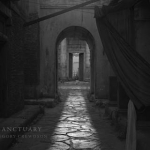
Sanctuary
Gregory Crewsdon and A.O. Scott
Book
While visiting Rome, world-renowned photographer Gregory Crewdson was invited to tour the legendary...
Painting Paintings (David Reed) 1975: David Reed
Katy Siegel and Christopher Wool
Book
A companion to the upcoming exhibition of Reed s 1974 75 brushstroke paintings, this book features...
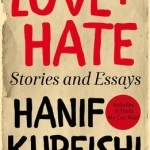
Love + Hate: Stories and Essays
Book
Hate skews reality even more than love. In the story of a Pakistani woman who has begun a new life...
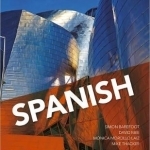
Edexcel A Level Spanish (Includes AS)
Thacker, M., & M. Morcillo Laiz
Book
Endorsed for the Edexcel A-level specification from 2016. Develop all four language skills with a...
The Iraq War in Documentary Film
Book
This book is the first comprehensive study of documentary film on the Iraq War. In a series of close...
Caitlin Ann Cherniak (85 KP) rated Fantasyland: How America Went Haywire in Books
Oct 22, 2018
Don't get me wrong. This book has a couple of points, especially when he discusses religion and the Salem witch trails. However, when he starts getting into the more modern points of fantasy, either I didn't see it at all, or he was basically really poking fun at what the whole point of fantasy really is.
The title of the book is Fantasyland: How America Went Haywire. If he's going to use the word "Haywire" in a title, he better show pretty clear examples of why America is being flushed down the toilet. Poking fun at people cosplaying, playing video games, and being able to have fun at Disneyland or Disney World is not a point to say why America seems to be failing as a society. In fact, I can make a counterargument by saying that flights of fantasy in those contexts are actually forming the culture, not destroying it. Because of the evolution of entertainment (such as film, video games, etc.), it's easier to envision fantasy stories come to life. Before that, we had books, and no one was poking fun at books throughout this entire giant essay. Not only is that missing the forest for the trees, but it makes the argument of people being shown too much fantasy through visual mass media is a very shallow take on the topic of fantasy.
Also, the premise of the book talks about how people are arguing that Trump is ruining America because of his bullshit (and they're not wrong). I expected the book to discuss politics more in depth as a way to add onto the fantasyland argument. The book doesn't even do that, not even at the end when it "comes full circle" back to the Trump argument. If anything, the book kinda let it slide that it was for Trump and his radical ideas rather than finding flaws in them as people would expect. Look, if the book ended up explaining why Trump was trying to escape the Fantasyland argument, I'm all for reading that to make my own points. However, by just simply saying that Trump is being more realistic without any real reason, that also makes this essay a shallow writing. People want to read on why Trump has realistic views or not. If the point of this essay is talking about how fantastic ideas are plaguing a great nation, why not add that into the mix?
This essay was a real hit and miss for me. For something that's as thick as War and Peace, I expected this essay to have as juicy material as War and Peace, but it doesn't. It's just a 500 year rant on how "stupid" society can be, and that lost me as I finished the book.
![Sans soleil [Sunless] (1983)](/uploads/profile_image/690/a9de28e3-5c00-44aa-a035-145fda5c8690.jpg?m=1528074767)

